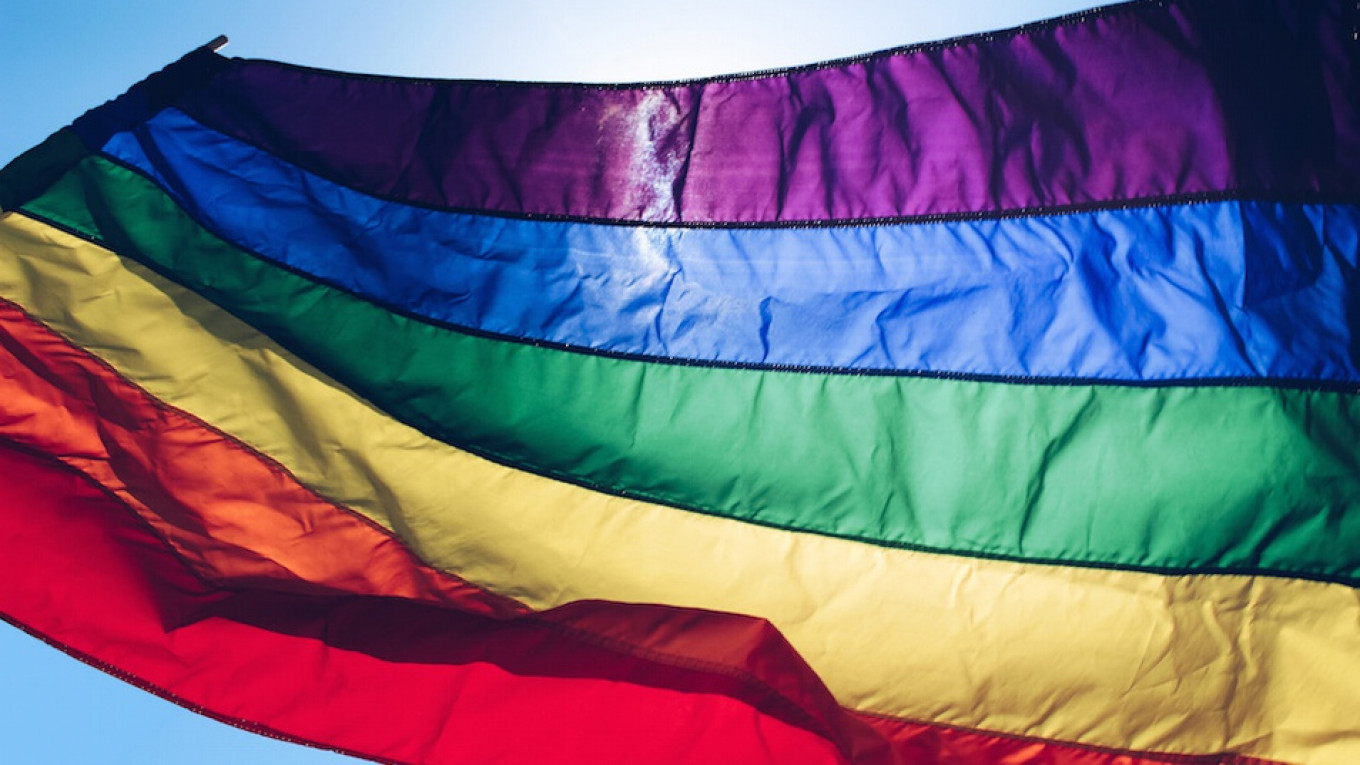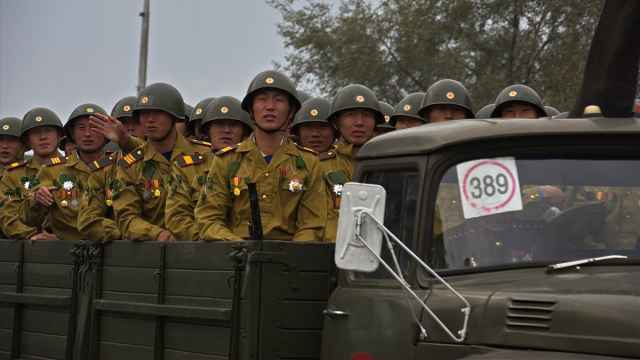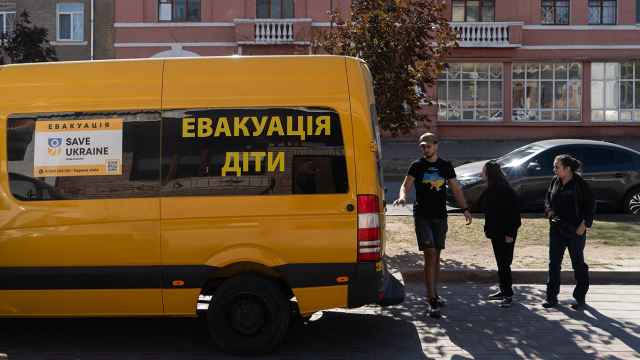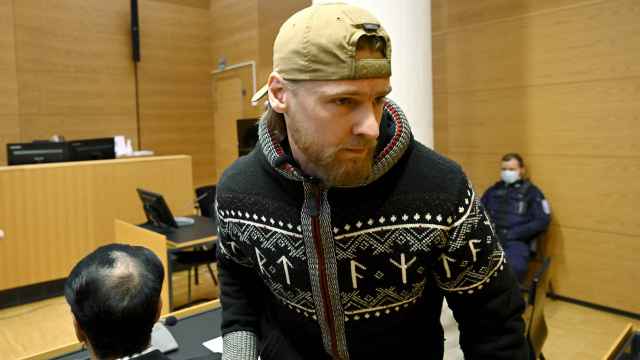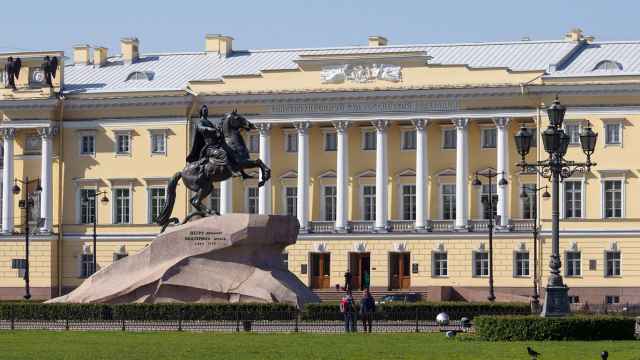A UN human rights panel has ruled that a Russian regional law banning gay propaganda among minors is in violation of a legally binding international treaty on human rights.
Russia introduced nationwide legislation banning "the promotion of non-traditional relationships to children" in 2013, building on older legislation on individual Russian regions. The law has been criticized by rights activists as well as the European Court of Human Rights (ECHR).
The UN Human Rights Committee ruled last month that the anti-gay propaganda law in Russia’s Arkhangelsk region was “ambiguous, disproportionate and discriminatory,” citing a Russian court case in which the law had been used to prosecute Kirill Nepomnyashchy, a gay rights activist.
An Arkhangelsk court had charged Nepomnyashchy with an administrative offence for displaying a poster reading “Homosexuality is a healthy form of sexuality. This should be known by children and adults!” in a picket against the law outside a children’s library in 2012.
The UN committee ruled that Nepomnyashchy had been discriminated against on the basis of sexual orientation, violating his rights under the International Covenant on Civil and Political Rights.
“This is our third victory against Russia in the UN Human Rights Committee on LGBT cases. There can no longer be any questions about Russian gay propaganda legislation,” Nikolai Alexeyev, the founder of GayRussia.ru, wrote on social media after the ruling.
A Message from The Moscow Times:
Dear readers,
We are facing unprecedented challenges. Russia's Prosecutor General's Office has designated The Moscow Times as an "undesirable" organization, criminalizing our work and putting our staff at risk of prosecution. This follows our earlier unjust labeling as a "foreign agent."
These actions are direct attempts to silence independent journalism in Russia. The authorities claim our work "discredits the decisions of the Russian leadership." We see things differently: we strive to provide accurate, unbiased reporting on Russia.
We, the journalists of The Moscow Times, refuse to be silenced. But to continue our work, we need your help.
Your support, no matter how small, makes a world of difference. If you can, please support us monthly starting from just $2. It's quick to set up, and every contribution makes a significant impact.
By supporting The Moscow Times, you're defending open, independent journalism in the face of repression. Thank you for standing with us.
Remind me later.


